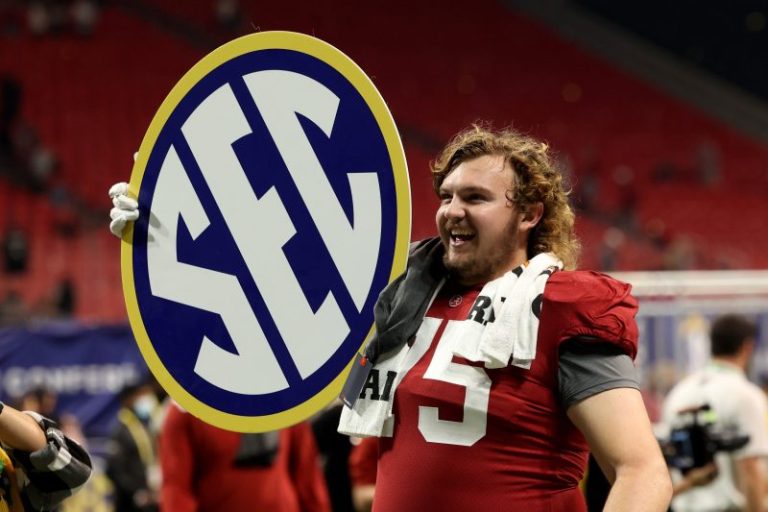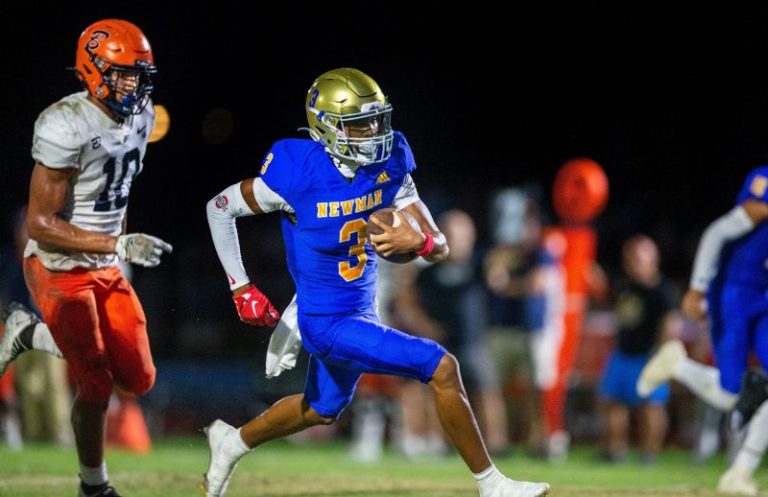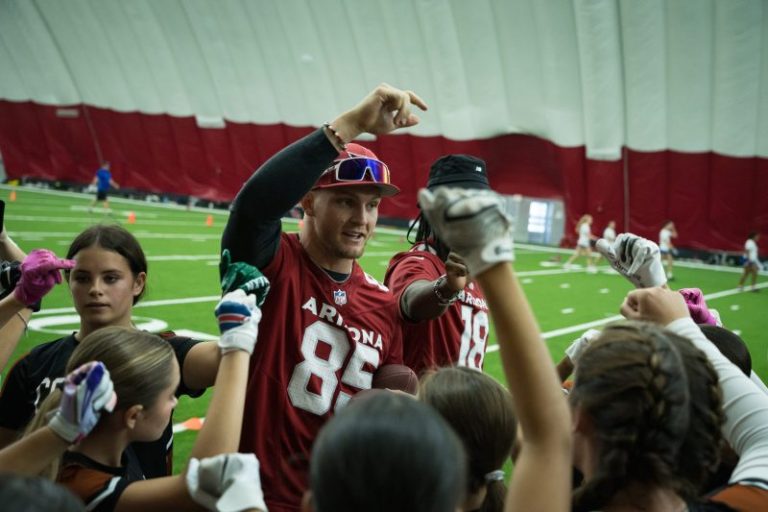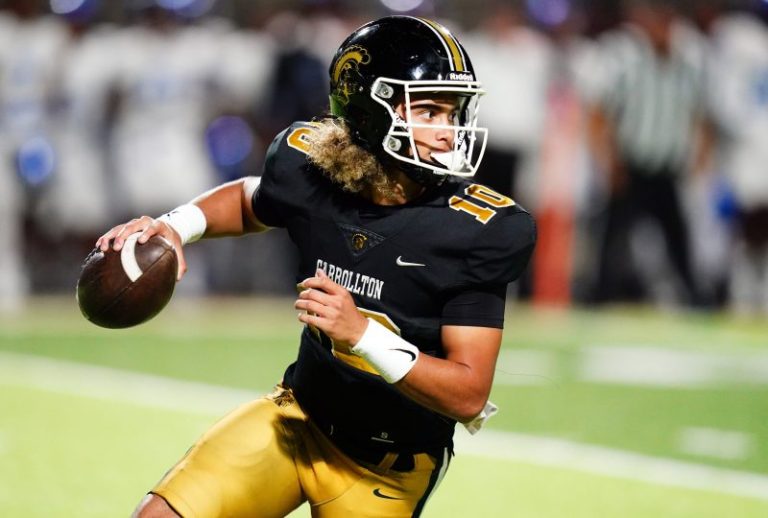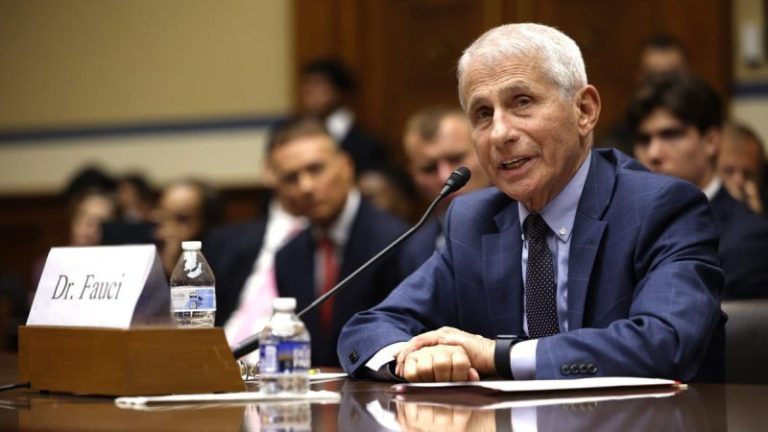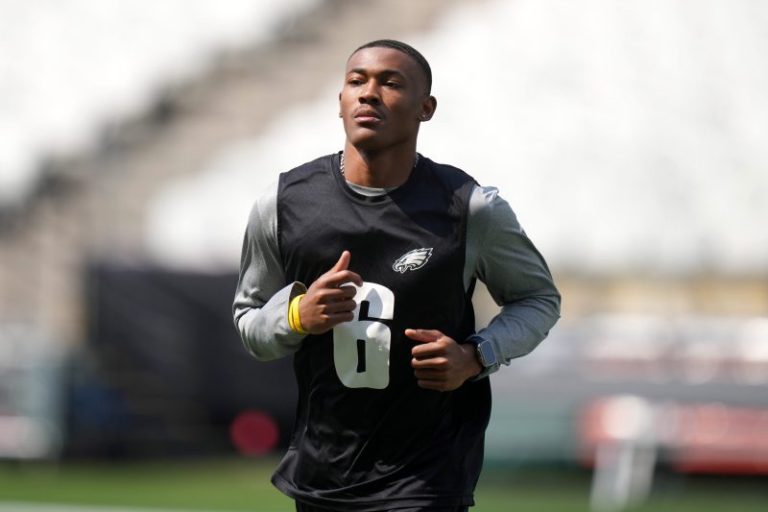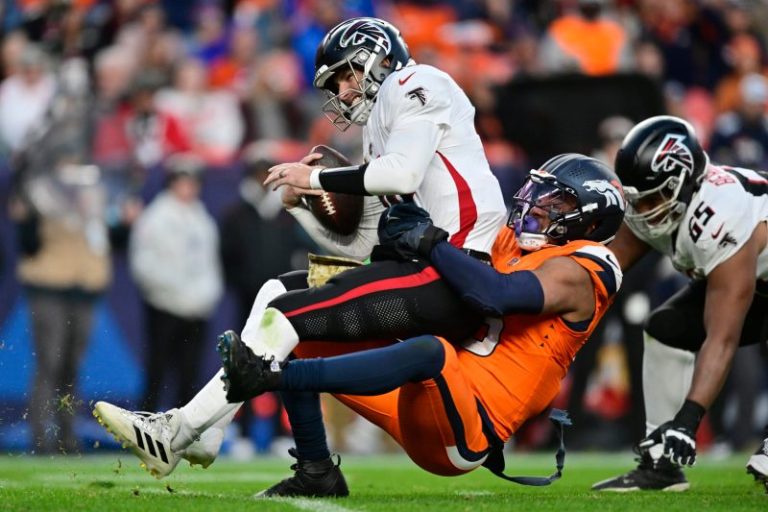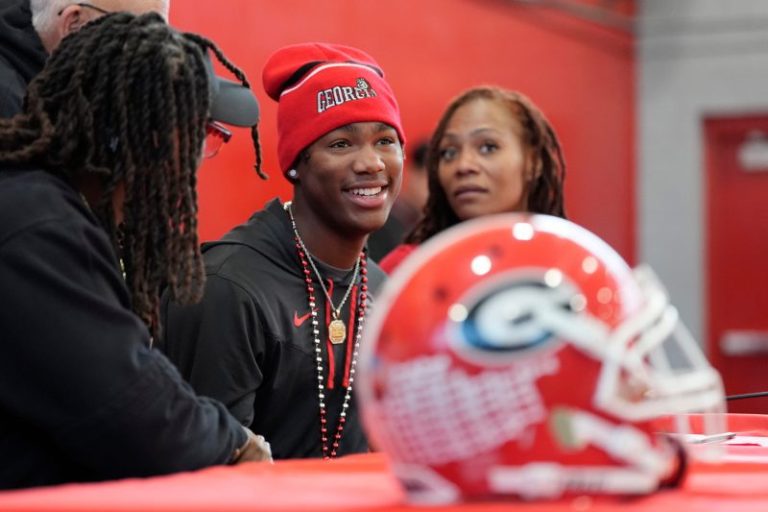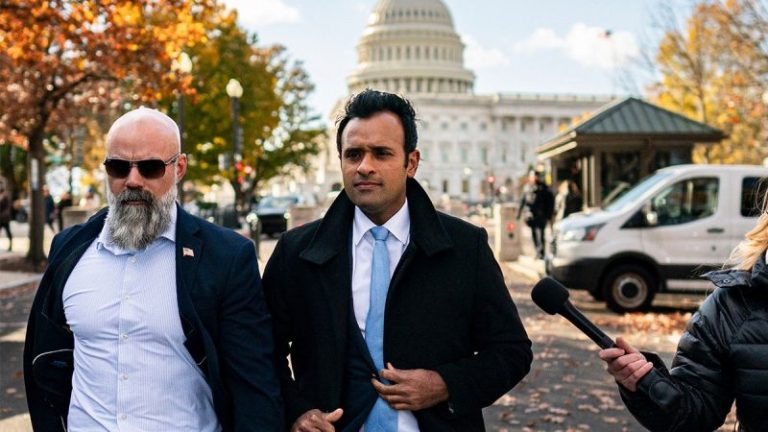The SEC lacks its super squad or two that ruled the seasons of yesteryear, but the super tribe endures. And that tribe chants: S-E-C! S-E-C!
College Football Playoff becomes battle royale of SEC and Big Ten tribes.
Conference tribalism differentiates college football from NFL.
Go ahead, test the tribe.
Tell an Alabama or Tennessee or Georgia fan that their once-incomparable league is down this year (and, truthfully, it hasn’t worn impenetrable armor since 2020, so spare us the air of superiority). Say that, and prepare to be called a dumb Yank who wouldn’t know real football if it slapped you in the face with a leather helmet.
The SEC lacks its super squad or two that ruled the seasons of yesteryear, but the super tribe endures.
Even after Georgia Tech pushed Georgia to the brink, after an average Southern California team beat LSU, and Notre Dame beat Texas A&M, after Miami ran Florida out of its own building, the SEC’s tribe circled the wagons and prepped the propaganda bazooka.
Because, you might beat ’em on the field, but the tribe’s spirit won’t break based on one game, or even one season.
PLAYOFF PREDICTION: Forecasting how the 12-team field will look Sunday
HIGHS AND LOWS: Winners and losers from the playoff rankings reveal
SEC football tribe busted out propaganda machine
You had Nick Saban implying Mississippi, the SEC’s fourth- or fifth- or sixth-best team would run roughshod over the Big 12, because being part of the SEC’s tribe means defending the conference’s undefeated record in hypothetical matchups.
You had Texas fans chanting, “S-E-C! S-E-C! S-E-C!” because the conference rookies recognized being part of this tribe means embracing its culture and traditions.
You had media types who cover this fine Southern establishment proclaiming that 11-1 teams from other leagues would wither playing an SEC schedule. (Playoff contender Ole Miss, by the way, played five teams with winning records, en route to a 9-3 record.)
And, the fans? Whoa, buddy, that’s a hornet’s nest not to be tested by the faint of heart. Try it, go on.
Stir up #VolTwitter. Tell them Ohio State deserved to be seeded higher than Tennessee, because the Buckeyes built a better 10-win résumé from inside the Big Ten than the Vols amassed from the SEC.
Outside of the SEC’s borders, members of the Big Ten and ACC tribes fire arrows back across enemy lines, thirsty to pounce while the SEC’s crown sits askew.
Within the two strongest tribes, bitter rivalries exist and infighting occurs, but being part of your conference’s tribe sure beats being in that other tribe, that conference across the Mason-Dixon Line, because wouldn’t that just make you sick?
This, right here, separates college football from the NFL, and college conference tribalism survived multiple rounds of realignment and expansion.
Imagine Kansas City winning the Super Bowl while Chiefs fans chant, “A-F-C! A-F-C! A-F-C!”
Imagine the NFC launching its own TV network, hiring a host – let’s call him Faul Pinebaum – of a four-hour daily talk show, and keeping the phone lines open so that ravenous fans can holler, “Those AFC teams ain’t played nobody, Fawwwwwwlll!”
Imagine a committee full of subjective humans gathering each week at a suburban Dallas hotel to decide whether a 9-8 team from the AFC deserves a playoff bid over the 10-7 team from the NFC.
The NFL boasts a fine product, with unmatched talent, and a handful of fierce rivalries, but this interlocking conference tribalism became unique to college football, and it continues strongest within the SEC. Its tribalism expanded after the conference grew and acquired more like-minded schools where football never rides in the backseat, no matter the records.
College Football Playoff becomes SEC vs. Big Ten battle royale
There’s long been a “my conference rules, your conference stinks” mentality within college sports, but the debate acquired higher meaning within the 12-team playoff era, and it evokes emotions to the nth degree.
Most years throughout the four-team playoff era, the committee had it easy. The bracket snapped into place in a fairly straightforward manner.
The best team from the SEC and Big Ten advanced to the playoff, where they were joined by another conference champion or two or Notre Dame.
The SEC qualified at least one team every year of the four-team playoff. Only twice in 10 years did it qualify a second team. The Big Ten missed the playoff entirely just twice and pulled off the two-bid once.
For the most part, debating whether the fourth-best team in the SEC was better than the second-best team in the ACC or the fourth-best team in the Big Ten went no further than talk radio.
Now, that debate became meaningful rhetoric for teams trying to use the power of their tribe to shoehorn their way into the playoff or attain a higher seed within a bracket where seeding determines home-field advantage in the first round.
“It’s ridiculous, the difference of playing in the SEC and the ACC and Big 12,” Ole Miss coach Lane Kiffin said recently.
“Take some of those teams (from other conferences) that are up there (in the rankings) that haven’t played anybody and put them down in the SEC, they’re .500 teams.”
Kiffin’s quote reflected the SEC’s ego and unflinching tribalism, even if the conference’s cloak of invincibility slipped just a bit amid the leveling effects of NIL combined with the transfer revolution.
Just as soon as Kiffin finished politicking, Georgia Tech, an ACC team barely above .500, took one-time SEC bully Georgia into eight overtimes.
Louisville, a good but hardly great ACC team, clobbered Kentucky, a dreadful SEC team that owns one conference win – against Kiffin’s squad.
A tough weekend for SEC football, but the conference tribalism persisted, undeterred, and as soon as the games finished, the tribe gathered the drums, and the beat sounded like S-E-C! S-E-C!
And with the drumbeat echoing, four teams from the South’s tribe retain playoff hopes, while four from the rival North’s tribe prepare to meet them there, and there’s nary a super power among them, unless you consider the two super tribes themselves, which grow bigger and stronger.
Blake Toppmeyer is the USA TODAY Network’s national college football columnist. Email him at BToppmeyer@gannett.com and follow him on X @btoppmeyer. Subscribe to read all of his columns.

